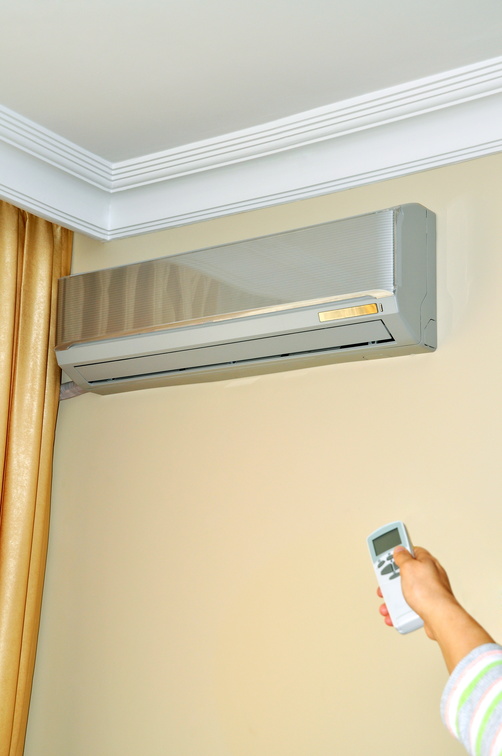 Winters are famously tough in this part of the country. Frigid, sub-freezing temperatures are the norm. Because of this, many homeowners have been skeptical of using heat pumps to keep their homes warm and cozy. Because heat pumps, including ductless mini split heat pumps, transfer heat from the air outside into the house, common sense may dictate that they couldn’t handle the type of cold that we deal with in this part of the country.
Winters are famously tough in this part of the country. Frigid, sub-freezing temperatures are the norm. Because of this, many homeowners have been skeptical of using heat pumps to keep their homes warm and cozy. Because heat pumps, including ductless mini split heat pumps, transfer heat from the air outside into the house, common sense may dictate that they couldn’t handle the type of cold that we deal with in this part of the country.
Common sense isn’t always what it seems, though. In fact, ductless mini splits in Springfield, VT
have become more and more common in recent years. While it is true that heat pumps may have to work a bit harder and may lose a bit of that renowned efficiency when temperatures are very, very cold, they are actually capable of heating homes in our area all winter long. No system, of course, is totally problem free.
Why Is There Ice on My Outdoor Unit?
At first glance, the development of ice on your outdoor unit may not seem that alarming. After all, this is winter in New England. There is ice on pretty much everything. The ice on your ductless mini split’s outdoor unit, or your traditional heat pump’s outdoor unit, could be the result of an operational issue, though.
In and of itself, the development of ice isn’t all that serious. In fact, manufacturers and technicians expect this to happen from time to time. After all, the heat pump is drawing heat out of the air by evaporating refrigerant outdoors. When conditions with temperature and humidity are right, the process can cause condensation on the system to freeze up. There’s a bid difference between a little frost and a unit being encased in ice, though.
Your System Has a Defrost Setting
Because the development of ice is actually expected, heat pumps are manufactured with defrost cycles. This essentially reverses the operation of the system, allowing it to remove heat from the house and to vent it outdoors in order to melt the ice. It’s an automatic process, and doesn’t take long enough frequently enough to cool your home down or drive up energy costs. Plus, auxiliary heating elements will make up the difference.
If your system’s defrost controls are compromised, however, ice can really get out of hand. If the unit is sunk into the ground so that water has nowhere to go, it may start to ice up as well. Look out for melting ice or snow dripping down or landing the unit, as well. Once the ball gets rolling, thick layers of ice can start to develop fairly quickly.
Because the heat pump needs to draw heat out of the air outside, the development of ice on its outdoor unit seriously inhibits its operation. It can strain the system enough to cause damages, or even a breakdown. If you start to notice ice getting worse on your outdoor unit, don’t hesitate to contact us for ductless mini split heat pump repairs.
Call HB Energy Solutions for all your energy needs. HB Energy Solutions delivers peace of mind.


Join Us Online